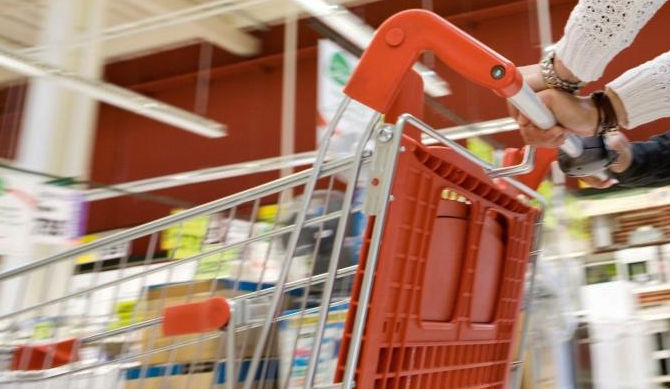 |
||||||||
| October 7, 2015 | ||||||||
| Rick's Tips - Maintaining Belted Threaders |  |
|||||||
|
· Subscribe to Ahead of the Curve · Newsletters · Ahead of the Curve archived issues · Contact the Editor
|
Changing patterns in the global tissue market A new Point of View by Pöyry Management Consulting, argues that the dominance of legacy brands in the tissue market is under threat from shifts in consumer purchasing behavior. The North American tissue market is traditionally characterized by strong legacy brands, but private labels have closed the market share gap by 9 percent in the past ten years—now standing at 27 percent (in Western Europe, private labels hold 63 percent market share). The report, Changing patterns in the global tissue market: private label versus brands, by Pöyry's Sanna Kalioranta, details how the increase has been driven by recession-awakened frugality, increased availability of high quality private label tissue, and the emergence of a new force shaping the consumer market—the millennials. Private label preference and consumption is higher among millennials than among more mature consumers. Significantly, millennials will make up 46 percent of consumers by 2025, an increase of 15 percent from the 2014 level. According to Kallioranta, "Millennials have grown up in the middle of a multitude of private labels across a range of sectors. For them a private label does not appear as suspicious as it might for their parents. Frugality has encouraged them to take the leap of faith and they haven’t been let down by product quality. Brand status for many just appears as an unnecessary premium. This mentality has significant implications for manufacturers. They need to adapt to cater to this ever growing consumer group." Tissue brands have been fighting back by introducing more affordable, less fluffy or strong “basic” versions of the branded products. They are also reaching into their deep pockets for promotional strategies to sway the price sensitive tissue market having realized that millennials have significantly higher price sensitivity than mature consumers. The key driver for high private label penetration in Europe—in addition to general higher consumer value orientation, a challenging recent economic situation and the cultural challenges associated with building a pan-European brand—is the highly consolidated nature of the retail sector in many markets. For example, in Germany, the market is controlled by the top five retailers and private labels enjoy over 80 percent of market share. Discount stores, as well as super and hypermarkets with a focus on economy products, have gained in popularity in Europe. These stores have strong private label programs and hence, developing and driving private label program growth has been a key strategy for the largest European retailers to counter their growth. The major chains, such as Carrefour and Tesco, have been developing private label lines with more upmarket positioning to attract higher income consumers. GROWING CHINA DEMAND China is still a young tissue market—both for brands and especially for private labels. Tissue demand in China has grown by 8.4 percent per year since 2008, yet it still only represents 22-50 percent of the per capita consumption levels in the West. However, momentum in the Chinese retail sector structure bodes well for private label growth. The Chinese retail sector has been very fragmented and international chains have struggled. The sector has therefore entered an era of active mergers and acquisitions. As European markets demonstrate, a more consolidated retail sector typically brings better opportunities for private label market growth. For further information contact: Metin Parlak at metin.parlak@hkstrategies.com, or James Townsend at james.townsend@poyry.com. Pöyry is an international consulting and engineering company serving clients globally across the energy and industrial sectors. Now that you are Ahead of the Curve, stay there by joining TAPPI. |
|||||||
 |
||||||||
